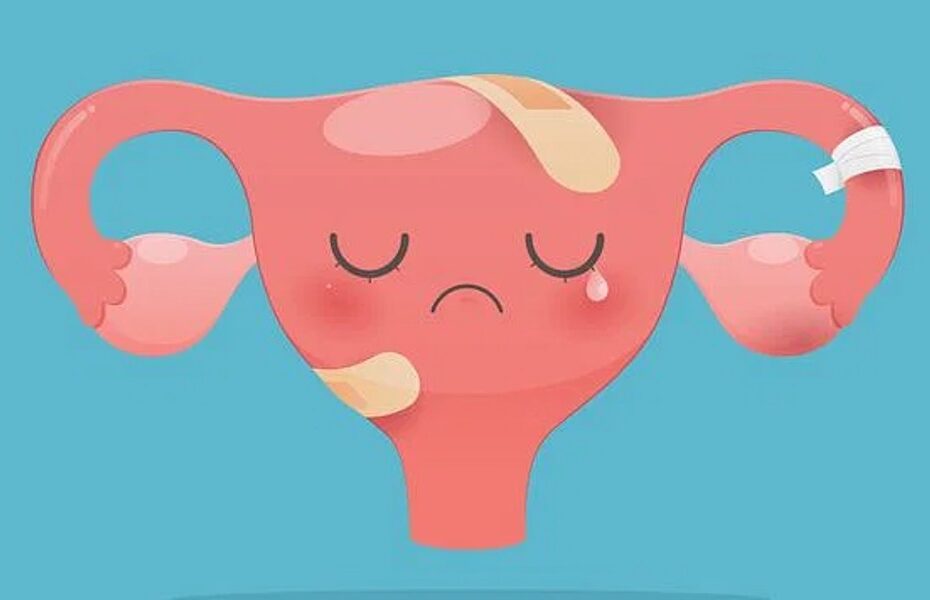Advertisement
PCOS Self-Assessment Quiz
Wondering if you may have PCOS? This quiz is designed to help you understand whether you might have Polycystic Ovary Syndrome (PCOS), a common hormonal disorder affecting many women of reproductive age. By answering a series of questions about your health and symptoms, you’ll gain insight into whether you should seek further evaluation from a healthcare professional.
What is PCOS?
PCOS, or Polycystic Ovary Syndrome, is a hormonal disorder characterized by the presence of multiple small cysts on the ovaries. It affects the balance of reproductive hormones, leading to various symptoms and health complications. PCOS is one of the most common endocrine disorders among women, yet it often goes undiagnosed.
Symptoms of PCOS
The symptoms of PCOS can vary widely but commonly include:
- Irregular Menstrual Cycles: Infrequent, prolonged, or missed periods.
- Excessive Hair Growth: Particularly on the face, chest, and back (a condition known as hirsutism).
- Acne and Oily Skin: Persistent acne that may be difficult to manage.
- Weight Gain: Especially around the abdomen, and difficulty losing weight.
- Hair Thinning: On the scalp, which can lead to noticeable hair loss.
- Pelvic Pain: Often associated with menstrual irregularities.
- Darkening of the Skin: Particularly around the neck, groin, or under the breasts.
- Fatigue and Mood Changes: Frequent feelings of fatigue, anxiety, or depression.
What Causes PCOS?
The exact cause of PCOS is not known, but several factors may play a role, including:
- Insulin Resistance: Many women with PCOS have insulin resistance, leading to higher insulin levels, which can increase androgen production.
- Hormonal Imbalance: Elevated levels of androgens (male hormones) can prevent the ovaries from releasing an egg during each menstrual cycle.
- Genetic Factors: PCOS tends to run in families, suggesting a genetic component.
- Inflammation: Higher levels of inflammation are common in women with PCOS, which can contribute to increased androgen levels.
How is PCOS Treated?
While there is no cure for PCOS, several treatment options can help manage symptoms and reduce the risk of long-term health problems:
- Lifestyle Changes: Healthy eating and regular physical activity can help manage weight and improve insulin sensitivity.
- Medications: Birth control pills can regulate menstrual cycles and reduce androgen levels. Anti-androgens may be prescribed to reduce excessive hair growth and acne.
- Fertility Treatments: For women who have difficulty conceiving, fertility medications or procedures may be recommended.
- Regular Monitoring: Regular check-ups with a healthcare provider to monitor symptoms and manage associated health risks, such as diabetes and cardiovascular disease.
Key Points to Remember
- PCOS is a common but often undiagnosed hormonal disorder.
- Symptoms include irregular periods, excessive hair growth, acne, weight gain, and more.
- The causes of PCOS are multifactorial, including insulin resistance, hormonal imbalances, genetics, and inflammation.
- Treatment focuses on managing symptoms and may include lifestyle changes, medications, and fertility treatments.
Taking this quiz can help you determine if your symptoms align with those of PCOS, but it is not a diagnostic tool. If you suspect you might have PCOS, please consult with a healthcare professional for a comprehensive evaluation and personalized treatment plan.
